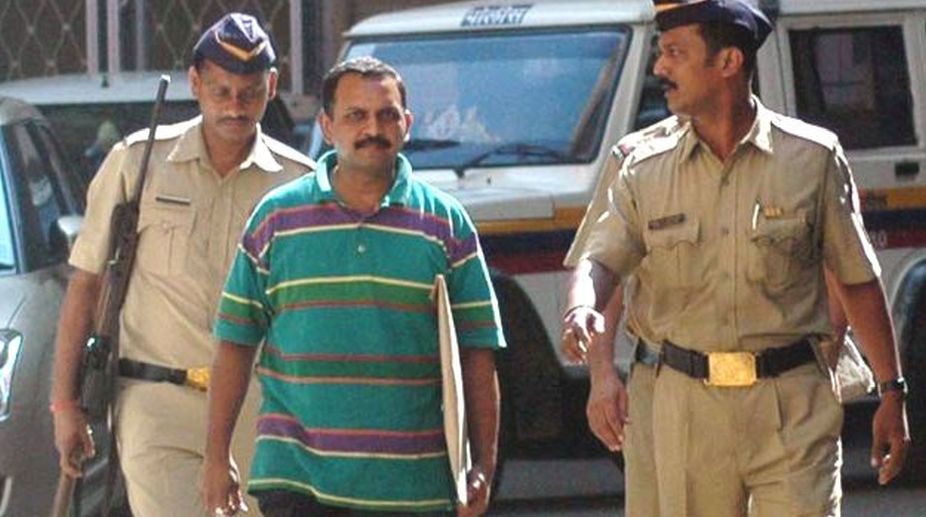This nation stands disgraced when terrorism acquires such despicable political complexions that investigation agencies allow themselves to get sucked into the cesspool, and a bail order from the apex court becomes the subject of bazaar gossip.
The horrors of the blast in Malegaon in 2008 have been amplified several times over by the explosive fall-out of the prime accused, Lt Col Shirkant Purohit, being enlarged on bail after being behind bars for over eight years without being formally charged in court.
While that inordinate time-lag would in itself constitute an indictment of the investigation machinery, that one of the grounds on which he was released was the Supreme Court’s noting “material contradictions” in the probes conducted by the Anti-Terrorist Squad of the Maharashtra government and the National Investigation Agency is a grave condemnation of both police organisations.
For it fuels understandable speculation that they were operating in accordance with political diktat. While the Bench of Justices RK Agarwal and Abhay Mohan Sapre must be commended for asserting that bail issues are not to be influenced by “sentiments of the community”, the common man would be left bewildered at such seemingly straightforward matters having to be processed at the top of the judicial ladder.
What chance of justice for someone whose finances (or affiliation) do not permit that brand of luxury?
The judiciary has simultaneously raised both expectations and apprehensions. Can it rid the system of politicised terrorism ~ which has communal ramifications in a polarised polity. The courts now have many a call to take, inefficiency being the most trivial.
Did the ATS tailor-make its findings to suit the “Hindu terror” campaign mounted by sections of the previous central government to counter the jihadi-terror tirade of the saffron brigade? Why did the NIA, which was entrusted with the probe in 2011, wait till a change in government before allegedly “diluting” its findings against Purohit and others?
The credibility of the NIA is at stake, particularly now that it has been drafted into counter-terror operations in Kashmir. And since when did the apolitical Army get involved in such matters ~ even if Purohit’s version is confirmed as authentic?
Even a faint trace of a politicised military will spell disaster, particularly when “Pakistan” and “Muslim” are now being contrived to overlap. Expediting the trial of Purohit is now imperative, daily hearings are necessary since no fewer than 500 witnesses may have to be examined, and routine adjournments must be prohibited. Hopefully, when the Purohit case Is finally determined, probably in the Supreme Court, the judicial system would have lived up to the faith the people place in it. Given the cancer of politics eroding all other “institutions”, the courts are the people’s sole solace.
Advertisement











